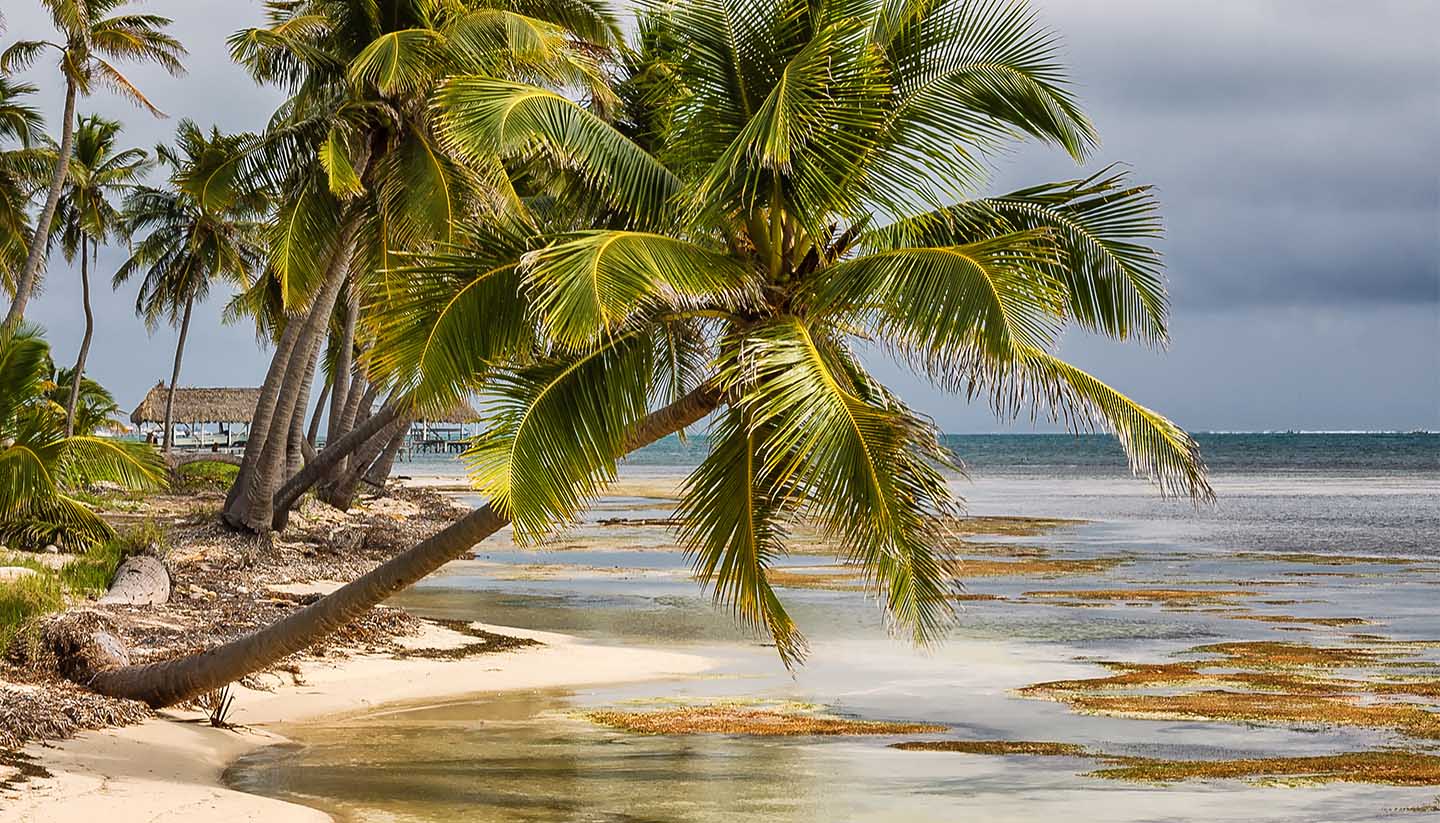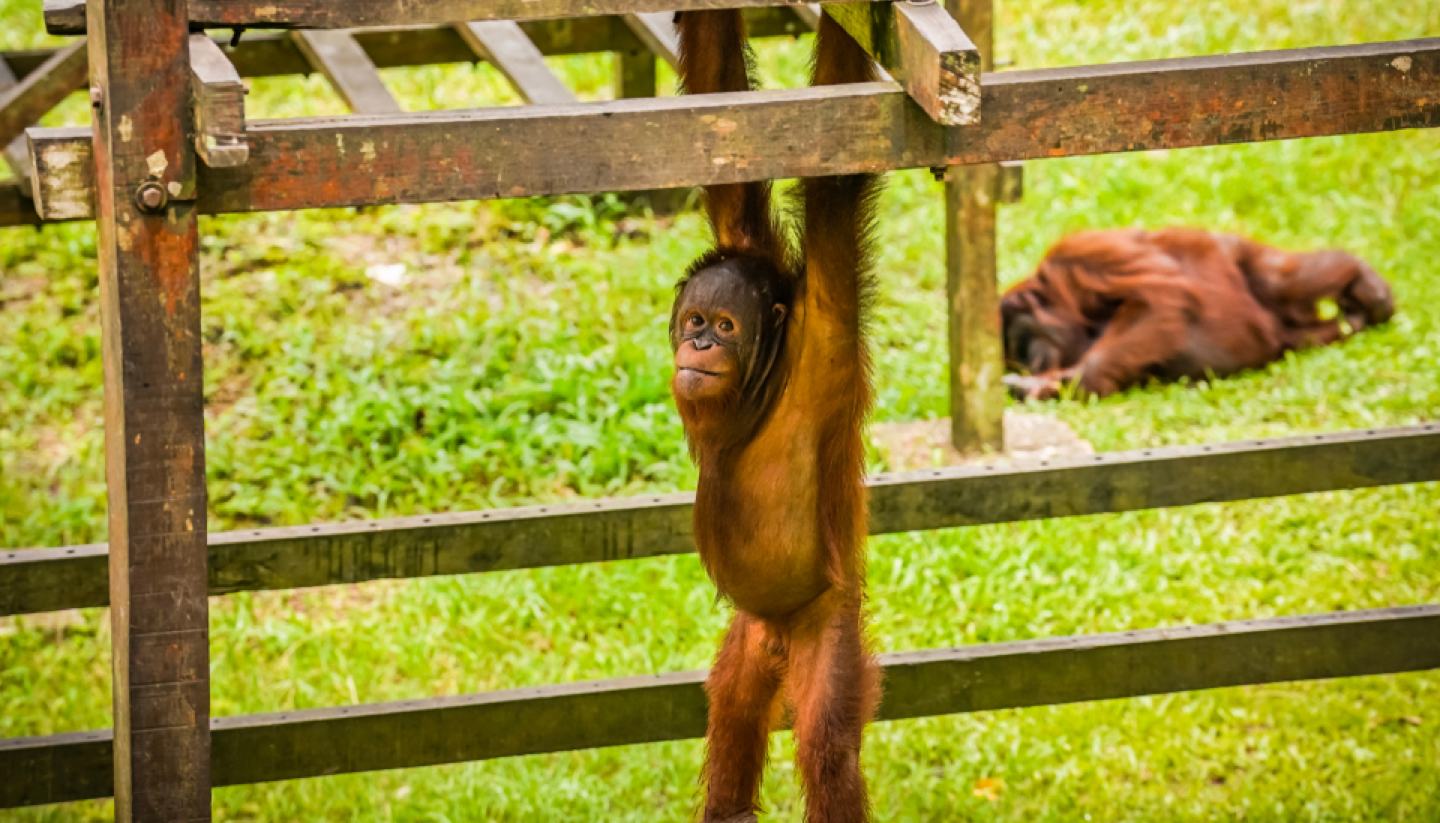Belize Health Care and Vaccinations
| Title | Special precautions |
|---|---|
| Yellow Fever | No** |
| Typhoid | Yes* |
| Tetanus | Yes* |
| Rabies | Sometimes |
| Malaria | Sometimes |
| Hepatitis A | Yes* |
| Diphtheria | Sometimes |
* The above vaccinations are not required but are highly recommended.
** A yellow fever vaccination certificate is required from travellers coming from infected areas.
Health Care
There are seven government hospitals - one in Belmopan, one in Belize City and one in each of the other five main district towns, but, generally, medical facilities are limited and there is a shortage of doctors in rural areas. Medical services in rural areas are provided by rural health care centres, and mobile clinics operate in remote areas. Generally, medical standards are not high. Medical insurance is strongly advised, and make sure that it covers you for any adventurous activities you might wish to do, such as scuba-diving, watersports and hiking through caves. Most hospitals and doctors expect to be paid in cash, whether you have insurance or not.
Food and Drink
Never drink the tap water and buy only bottled purified water with a proper seal. It is widely available from shops and grocery stores, but in case of being in rural areas with no access to bottled water, carry water purification tablets to treat water. Milk is often unpasteurised and should be boiled, though UHT milk is often available in shops. Avoid ice cream, raw fish and anything from street vendors unless you can see that it has been properly cooked, preferably in front of you. A quick and cheap meal is beans and rice with a piece of meat, usually chicken, and you will find plenty of food stalls or small, local restaurants serving it, but cooked food should never be served lukewarm. Peel or cook all fruits and vegetables. Prevent flies from landing on your food as many carry airborne illnesses, and do not eat at places where the food has been left exposed for long.
Other Risks
Vaccinations against tuberculosis and hepatitis B are sometimes advised, especially if staying for long periods of time or if you might have sexual contact with the local population. Dengue fever occurs throughout Latin America and is on the rise in Belize, so mosquito protection is recommended. If you find yourself with a fever and/or rash, go to a doctor immediately. Malaria also occurs in Belize, so anti-malaria medication such as Malarone or Doxycycline is recommended (except in Belize City).
Just over 2.5 % of the population has HIV/AIDS, which is a 25 times higher occurrence than in the UK, but the government has launched a public awareness campaign to try and tackle the problem. Note: Visitors applying for residency will require an HIV test (foreign tests may not be acceptable).
Belize is in the tropics so you can burn quickly - sunscreen is a must, and you should protect yourself with a hat and sunglasses. Motor vehicle crashes are the main cause of injury, so take care while on the road and give other drivers a wide berth.



